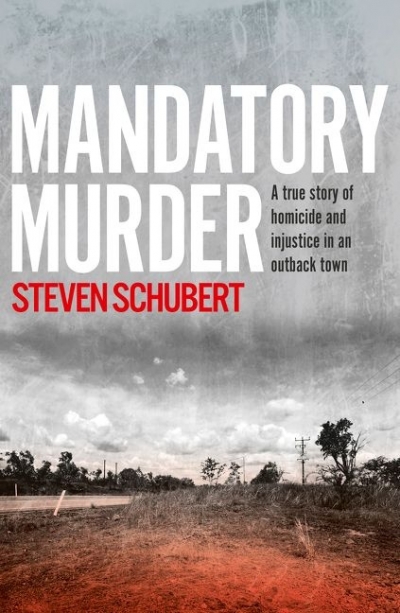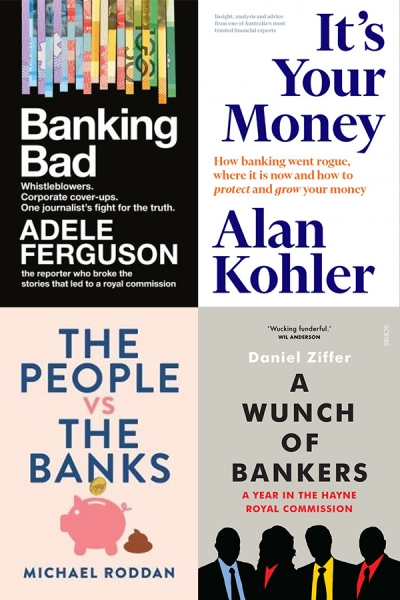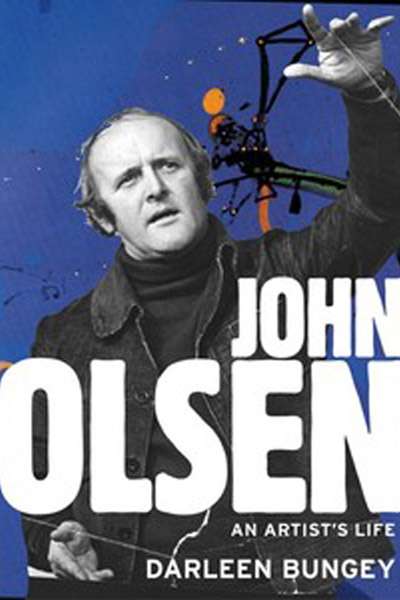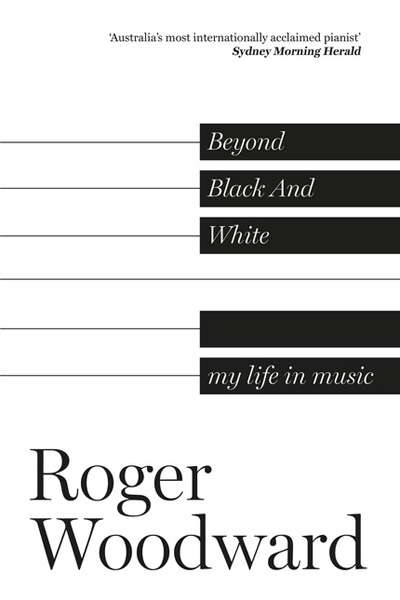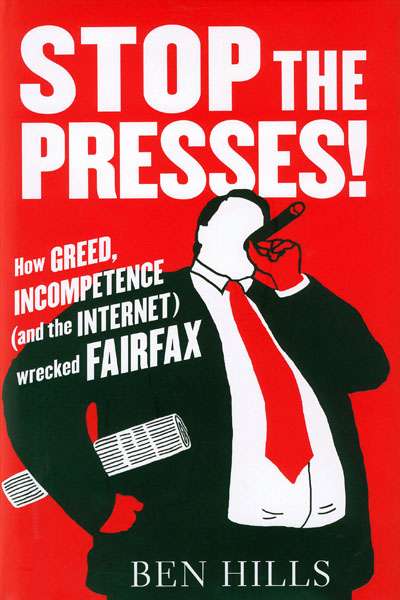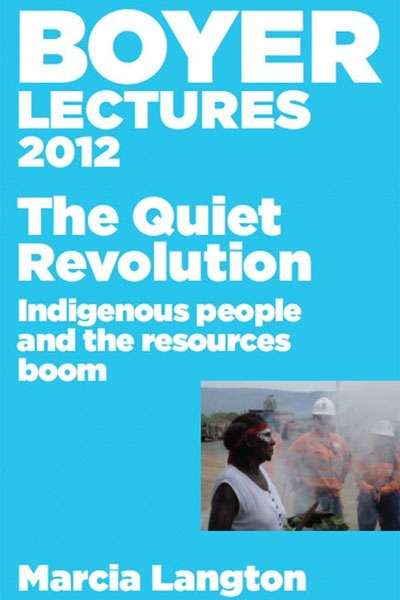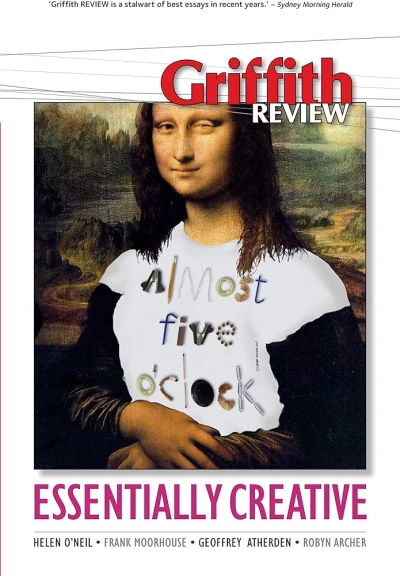ABC Books
Mandatory Murder: A true history of homicide and injustice in an outback town by Steven Schubert
by Russell Marks •
Bank bashing is an old sport in Australia, older than Federation. In 1910, when Labor became the first party to form a majority government in the new Commonwealth Parliament, they took the Money Power – banks, insurers, financiers – as their arch nemesis. With memories of the 1890s crisis of banking collapses, great strikes, and class conflict still raw, the following year the Fisher government established the Commonwealth Bank of Australia, ‘The People’s Bank’, as a state-owned trading bank offering cheap loans and government-guaranteed deposits to provide stiff competition to the greedy commercial banks gouging its customers.
... (read more)The Quiet Revolution: Indigenous People and the Resources Boom (2012 Boyer Lectures) by Marcia Langton
by Tim Rowse •
One Man Show: The Stages of Barry Humphries by Anne Pender
by Ian Britain •
Boyer Lectures: A very Australian conversation by Peter Cosgrove
by Patrick Allington •
Griffith Review 23: Essentially Creative edited by Julianne Schultz
by Anthony Lynch •

